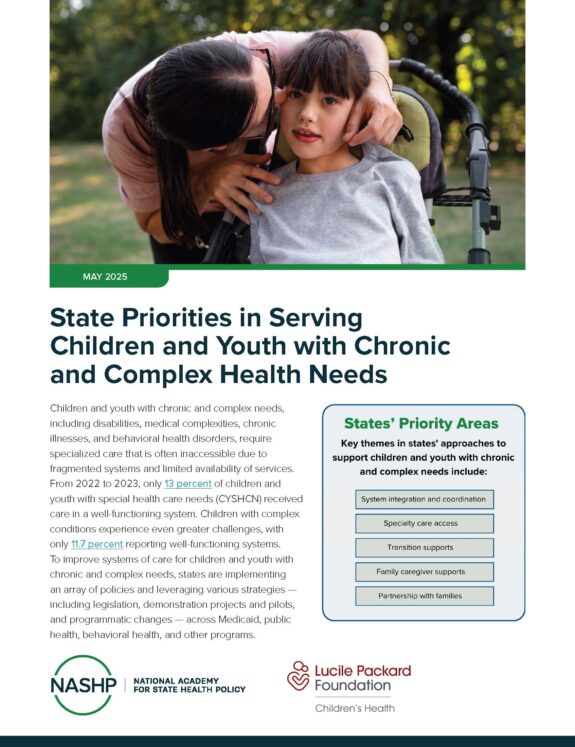Fiesta Educativa: Serving Latinos with Developmental Disabilities for Nearly 40 Years
In the mid-1970s, long-time Spanish teacher Irene Martinez received a dinner invitation from a friend that would change her life.
Her friend’s husband, Joe Sanchez, was the executive director of one of California’s Regional Centers, which were established in 1966 to serve people with developmental disabilities and their families. That night over dinner, a conversation with Sanchez piqued Martinez’s interest. “It was a combination of what he said and how he said it—he had a deep commitment to what he was doing,” says Martinez. Soon afterward, she applied and was hired to serve as a counselor at the Eastern Los Angeles Regional Center. “From the first day, it just fit,” she says. “I loved what I was doing.”
At the time, center staff had noticed that non-English-speaking families weren’t receiving Regional Center services to the same extent as English-speaking families. As one of the early Spanish speakers on staff, Martinez organized a workshop to inform Latino families about Regional Center services. “There were people from wall to wall,” says Martinez, describing her first outreach event. “Parents talked to each other and word got out to the other Regional Centers. Things started to snowball.”
By 1978, that snowball had grown into an independent organization called Fiesta Educativa (“Educational Party”), founded by the Eastern Los Angeles Regional Center. It was one of the first organizations in the country to serve Latino families with children who have developmental disabilities. The concept of a “party” stemmed from the fact that Latino families respond better to information imparted in casual, familiar settings, like the homes of fellow families, rather than in agency offices. Martinez served as one of Fiesta’s original board members, and since 1998 she has led the organization as its executive director.
[[{“fid”:”2716″,”view_mode”:”wysiwyg”,”fields”:{“format”:”wysiwyg”,”field_file_image_alt_text[und][0][value]”:false,”field_file_image_title_text[und][0][value]”:false,”field_file_image_caption[und][0][value]”:””,”field_file_image_source[und][0][value]”:””},”type”:”media”,”field_deltas”:{“1”:{“format”:”wysiwyg”,”field_file_image_alt_text[und][0][value]”:false,”field_file_image_title_text[und][0][value]”:false,”field_file_image_caption[und][0][value]”:””,”field_file_image_source[und][0][value]”:””}},”link_text”:null,”attributes”:{“height”:601,”width”:720,”style”:”width: 300px; height: 250px; margin-left: 10px; margin-right: 10px; float: right;”,”class”:”media-element file-wysiwyg”,”data-delta”:”1″}}]]Nearly 40 years after its founding, Fiesta’s headquarters remains in Lincoln Heights, a predominantly Latino and Asian neighborhood in eastern Los Angeles, in an office above a strip mall. Signs throughout the building are printed in English, Spanish, Chinese, and Vietnamese. Today, Fiesta Educativa is California’s largest nonprofit organization serving Latino families with children who have special needs. Fiesta has eight parent coordinators on staff and more than 30 volunteers based in offices in Los Angeles, Orange County, Riverside, San Bernardino, and San Jose. The organization works with Latino clients at 10 of the state’s 21 Regional Centers. Funding comes from Regional Centers as well as from event sponsorships.
Fiesta’s programs include family conferences throughout the state that attract thousands of attendees, an autism education program for parents, and a partnership with a counterpart Chinese American organization that trains parents on special education advocacy. In addition, staff members organize regular “Fiestas Familiares” (“Family Parties”) in the homes of families to discuss topics such as special education eligibility and access to Regional Center services. These outreach events, conducted in Spanish and featuring food and music, reach entire families in safe, comfortable settings. “Immigrants have a tremendous amount of knowledge, but our structures don’t always fit them,” says Martinez. “It’s like having a CD but all you have is a cassette player. Fiestas Familiares come from the families themselves—they are organic.”
To reach Latino families who might benefit from their services, Fiesta utilizes a range of culturally appropriate outreach strategies, including a radio talk show, workshops at schools, libraries, and community centers, a monthly email newsletter, and, because many families do not use email, WhatsApp texts and phone “blasts” that play a recording about their upcoming events.
After 19 years at the helm, Martinez, 74, soon will be looking for a successor to lead Fiesta into its fourth decade. Her dream for the organization echoes the dreams that many Fiesta parents have for their children. “Fiesta is my baby,” she says. “And I don’t want it to rely on me. I want it to be independent.”



